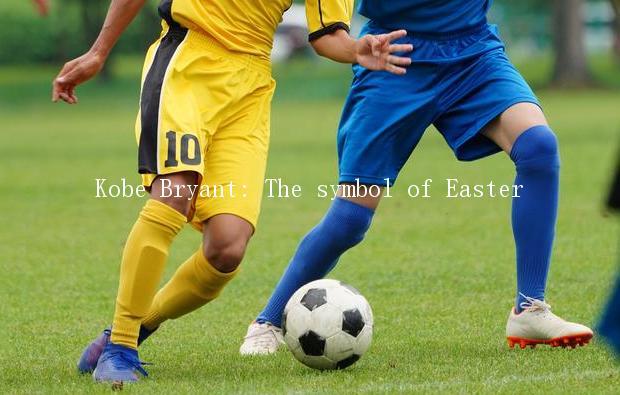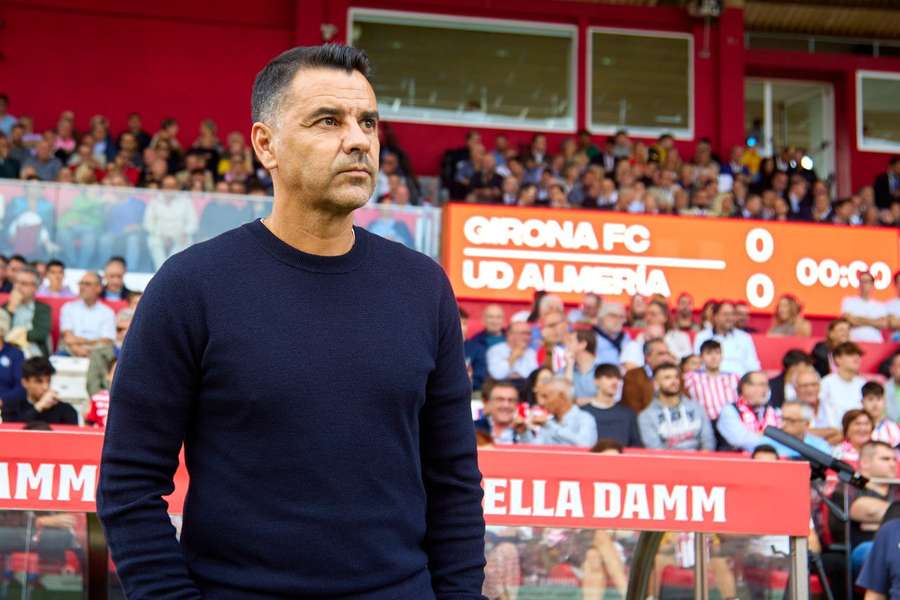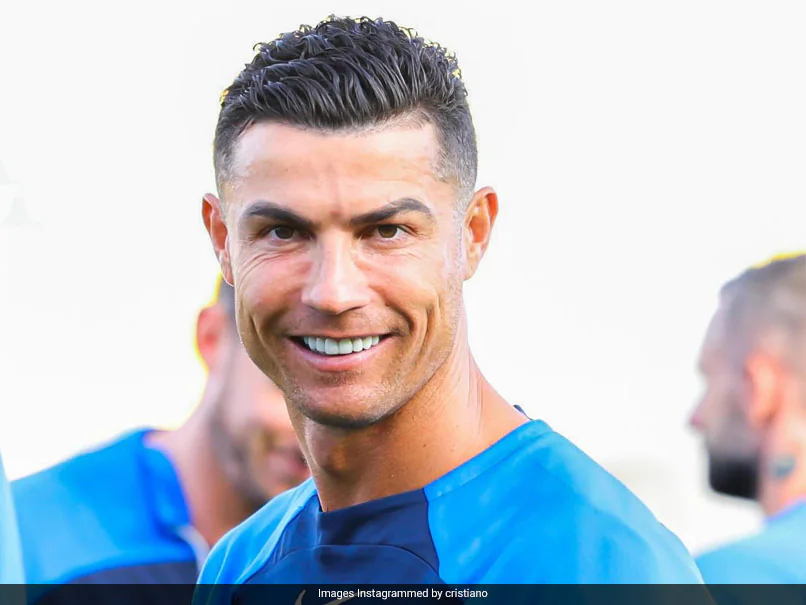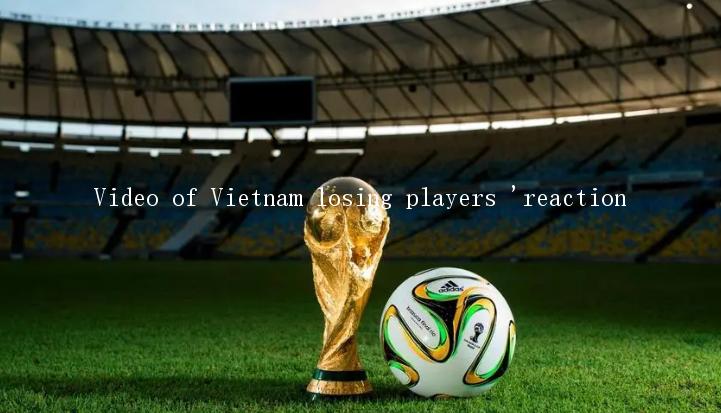Tactics commonly used in basketball, what tactical life knowledge do you have in basketball games

Basketball is a team sport, and the use of tactics is crucial to the outcome of the game. There are many tactics commonly used in basketball games, as described below.
1. Fast break tactics: Use a fast and rapid attack to score. The team will quickly conduct the ball to the front court and make quick shots or breakthrough scores before the opponent is deployed.
2. Sports tactics: Break the opponent's defense with the movement and passing of the player. The team will use the tacit understanding and cooperation between the players to find the best opportunity to shoot through frequent passes and position changes.
3. Organizational tactics: Carry out planned attacks through planning and organization among team members. The team will formulate an offensive plan in advance and organize the team members 'offense through the command official issuing instructions on the field.
4. Counterattack tactics: Immediately after the opponent scores, carry out a quick counterattack attack. The team will quickly conduct the ball to the front court and use the opportunity when the opponent's defense is not yet formed to score quickly.
5. Defensive tactics: Limit the opponent's attack by arranging defensive formations and strategies. The team will formulate corresponding defensive strategies based on the characteristics and habits of the opponent, and adjust them in time during the game to achieve the goal of limiting the opponent's scores.
In basketball games, in addition to the use of tactics, athletes also need to master life knowledge to improve their performance in the game.
1. Scientific diet: Athletes need to arrange their diet reasonably according to their own needs to ensure nutrient intake. For example, increase carbohydrate intake to provide energy and increase protein intake to repair muscle tissue.
2. Adequate sleep: Sleep is important for restoring strength and improving concentration. Athletes need to ensure adequate sleep time every day to improve their body's resilience.
3. Reasonable exercise: In addition to competition training, athletes also need additional exercise to improve their physical fitness. For example, perform endurance training, strength training and sensitivity training to enhance the body's various abilities.
4. Psychological adjustment: Pressure and tension during competition often affect athletes 'performance. Athletes need to learn to relax and adjust their mentality, and maintain a positive and optimistic attitude to cope with various challenges in the competition.
RELATED STORIES






LATEST NEWS







